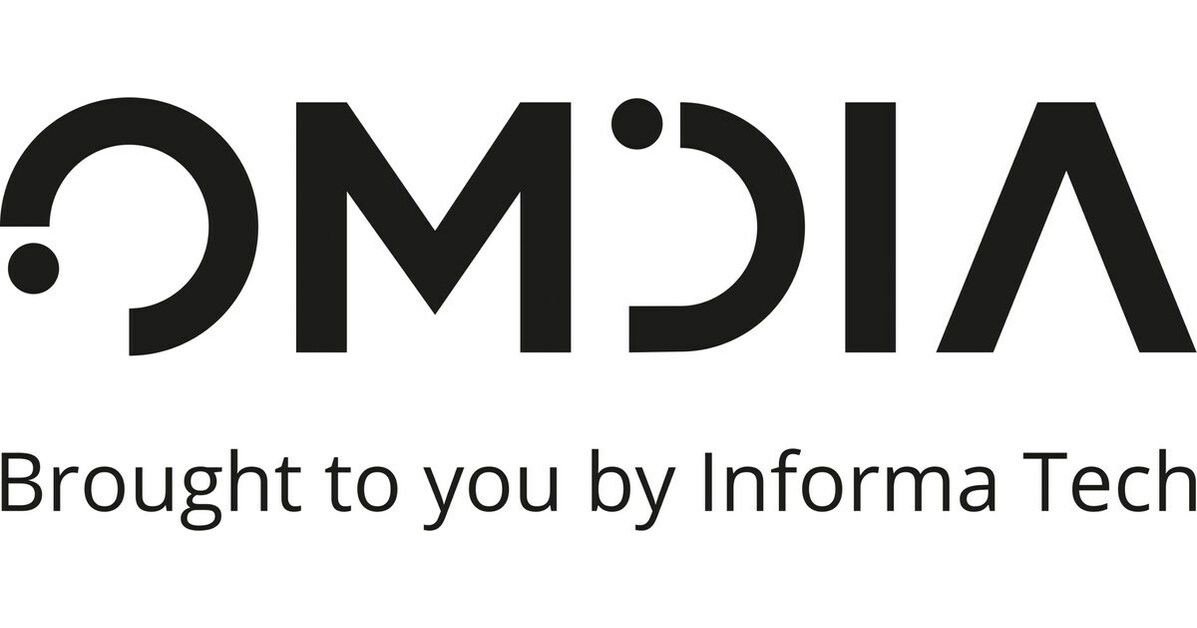As the demand for AI grows, it is becoming increasingly common to find it integrated into PCs. Currently, Apple and NVIDIA dominate the creative and gaming user market, leaving the enterprise market and developer space as the main opportunities for new technology from companies like Intel. A report by Omdia highlights two technology options for delivering AI inference on PCs: one using a high-performance GPU with a traditional PC architecture, and another using a smartphone-style system-on-chip with dedicated AI acceleration.
To better understand the needs of different users of PCs, Omdia researchers have created a range of user personas. One persona that stands out is the “Corporate Warrior,” representing business users who heavily use collaboration tools and travel frequently. While this group is not well-served by current players in the market, Intel has identified them as a target audience and aims to break into this market with their Core Ultra CPUs. However, Arm-based systems like those used by Apple have an advantage with their unified memory architecture, which dates back to the 1980s and is crucial for AI on PCs.
According to Alexander Harrowell, Principal Analyst for Advanced Computing at Omdia, unified memory plays a crucial role in AI performance on PCs. VRAM limitations mean that popular 7B parameter class models require at least 8GB of RAM to run efficiently. The ability to run AI models on unified memory can significantly improve performance by reducing memory bandwidth constraints. Harrowell emphasizes that Arm’s investment in unified memory architecture gives them a significant advantage in this space over other companies like Intel.
The report by Omdia is now available through their Advanced Computing Intelligence Service, which covers technology trends, user personas, major silicon vendors like Intel and NVIDIA, and PC OEM manufacturers like Dell and HP. This service provides organizations with valuable insights into emerging technologies and how they can be leveraged to make informed growth decisions.


